Aviation psychologist. In this post, I will explain who they are: You may have heard of aviation psychologists and their roles in the aviation industry, but you may not be sure what they entail.
A quick search on the internet will provide you with various job titles such as “avionics psychologist,” “aviation psychology consultant,” or “human factors specialist.” But these are just some of the terms used to describe an aviation psychologist’s role in the industry.
An aviation psychologist has a doctorate in psychology (Psy.D. or Ph.D.) and focuses on the mental health, social issues, and psychological development of pilots, navigators, crews, aspiring aviators, flight attendants, patients with a fear of flying, and people who want to become pilots.
They can also provide psychological assistance for aviation-related stresses for the partners and families of the employees who are working in this field.
Aviation psychologist
Aviation psychologists are highly trained professionals who study human behavior in the context of aviation. They use scientific principles to conduct research and develop psychological tests to assess physical, cognitive, emotional, and psychomotor skills.
These tests are used to see if a person meets the medical requirements set by the Federal Aviation Administration to fly an airplane. Aviation psychologists also help pilots, crew members, and passengers who have been through traumatic events while flying by giving them counseling.
The job outlook for aviation psychologists is excellent because of the increasing number of people who want to become commercial pilots or other aviation personnel. However, competition is fierce because there are not enough trained professionals to meet the demand.
Most of the time, this area of expertise is done in conjunction with other fields, like medical evaluation, aerospace medicine, and aviation physiology. The main goal of aviation psychology is to decide if a pilot is fit for duty or can go back to work after being sick or hurt.
Aviation psychologists also work with air traffic controllers (ATCOs). ATCOs are often required to be on duty for long periods of time without breaks.
This can lead to fatigue, which increases the likelihood of errors in judgment or performance. Aviation psychologists help ATCOs deal with these issues before they become problematic.
Aviation psychology grew out of military aviation during World War I, when pilots began suffering from combat fatigue. Standards for civilian pilot certification weren’t made until after World War II. These standards required more psychological testing than the old ones did.
8 Tips to Learn From
- Who are aviation psychologists?
- How do aviation psychologists work?
- How do aviation psychologists collect data?
- Do aviation psychologists have to be doctors?
- How do aviation psychologists analyze stress?
- They advise on staff replacement policies.
- Their jobs can be high-pressure.
- How do I become an aviation psychologist?
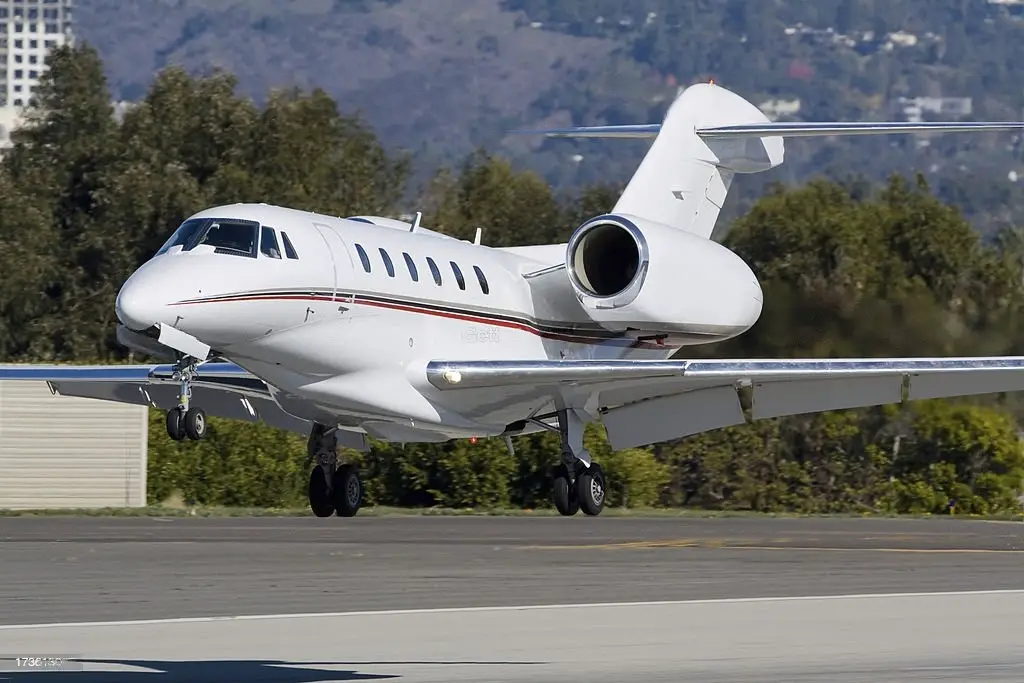
Who are aviation psychologists?
Aviation psychologists are a type of psychologist who work with pilots, aviation professionals, and others to help them deal with stress and other issues. They could also help come up with ways to handle situations that could hurt the health and well-being of aviation professionals.
Some psychology firms work with individuals, but they also offer services like employee assistance programs (EAPs) to help airlines and aviation companies deal with the stress of their employees.
These types of programs can provide counselors or therapists who can help employees deal with problems such as substance abuse, depression, or anxiety.
Psychologists who work in aviation often specialize in areas such as aeromedical psychology, aviation human factors, and aerospace psychology. Aeromedical psychologists may be in charge of giving pilots and other employees physical exams to make sure they are fit to work.
Human factors specialists may help companies develop ways to improve the design of their aircraft or control systems so they are easier to use and less likely to cause errors.
Aerospace psychologists can work with a variety of clients, including airlines and aviation manufacturers. Some common areas of focus for aerospace psychologists include stress management and the effects of sleep deprivation on pilots. Learn more about aviation psychologist.
Read more articles: Safest Private Aircraft in the World
How do aviation psychologists work?
An aviation psychologist is a mental health professional who specializes in the psychological aspects of flight operations. They collect and analyze information about an individual’s psychological or emotional state.
including their personality traits, aptitudes, and behavior patterns. This information is then used to help design policies that will result in safe flight operations for both passengers and crew members alike.
An aviation psychologist may also work with airline personnel who have suffered from traumatic events such as crashes or accidents. This can include assisting those affected by post-traumatic stress disorder (PTSD).
which can happen after a person witnesses an event that could be life-threatening or fatal to others involved but was not directly affected themselves (for example, witnessing a plane crash).
Aviation psychologists are also called upon to conduct stress tests on individuals who may be prone to anxiety or panic attacks while flying. These people often work with other experts, like pilots and engineers, who are experts in different areas of safety for air travel.
An aviation psychologist may also be able to help airline workers who have been hurt in accidents or crashes.
This can include assisting those suffering from post-traumatic stress disorder (PTSD), which can develop after witnessing an event that could be life-threatening or fatal to others involved but was not directly affected themselves (e.g., witnessing a plane crash).
People who might have anxiety or panic attacks while flying are also asked to take stress tests by aviation psychologists. These people often work with other experts, like pilots and engineers, who are experts in different areas of safety for air travel.
Top pick

Editor’s choice

Best value

Read more articles: How Safe are Private Jets?
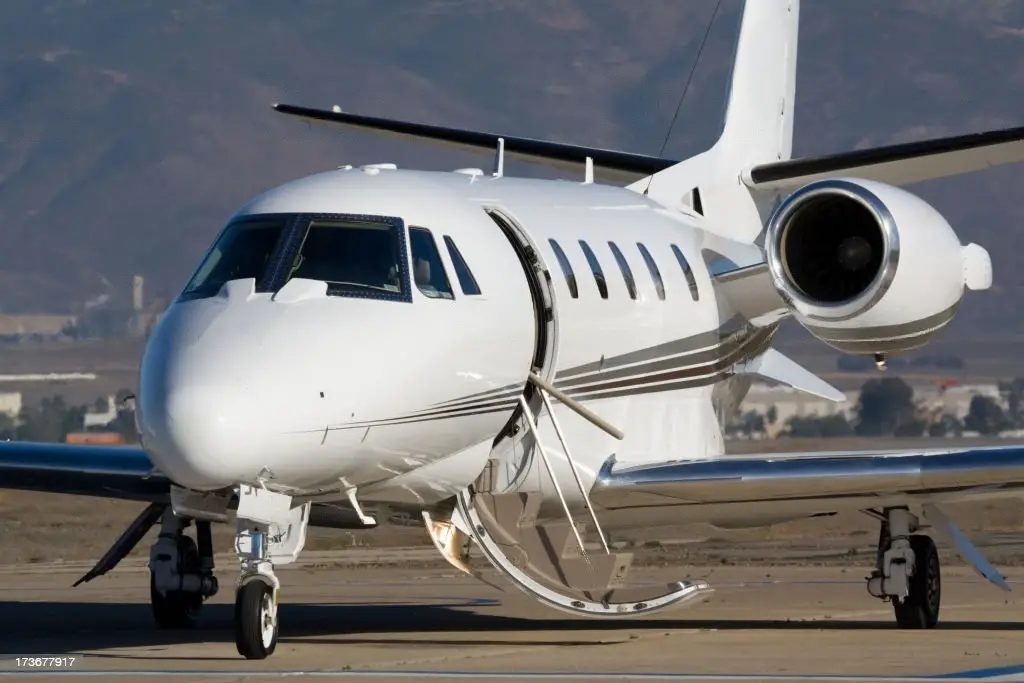
How do aviation psychologists collect data?
Once you’re in the cockpit, you’ll be able to collect data on your own. This can include information like your heart rate, eye movement, and muscle tension.
The aviation psychologist may also use other instruments, such as an electroencephalogram (EEG), which measures electrical activity in the brain through electrodes attached to the scalp.
The purpose of all this measuring is to collect objective data—information that is not personal opinion or subjectivity but based on facts.
Once this data has been collected, it needs to be analyzed by a qualified aviation psychologist, who will then interpret what it means for your safety as an aviator with respect for others on board.
Based on their findings, the aviation psychologist will make recommendations to you.These recommendations may include:
Training to improve your skills as a pilot This is particularly important if you have problems with aeronautical decision-making.
Practice relaxation exercises so that you can better manage the stress of being in the cockpit and make decisions based on facts rather than emotions.
– Taking medications if you have anxiety or depression.Seek psychological counseling if you believe something is wrong with your mental health and it is interfering with your ability to function as a pilot.
Read more articles: Do Babies Need Ear Muffs for Flying?
Do aviation psychologists have to be doctors?
You may be thinking that an aviation psychologist is a medical doctor, but this is not the case. You will hear people refer to them as “aviation psychologists” or “psycho-physicians,” but the title “aviation psychologist” itself is not a medical degree.
An aviation psychologist is actually a psychologist with advanced training in aviation psychology. They are able to offer their expertise on issues related to human performance, including fatigue and stress management.
interpersonal communication skills; decision-making processes; cockpit design and layout; human error analysis; and post-traumatic stress disorder (PTSD).
A wide range of people can benefit from the services of an aviation psychologist, including commercial airline pilots and passengers. This is because they are able to help individuals deal with everything from day-to-day stressors to major traumas like plane crashes and other disasters.
Aviation psychologists are also able to help people who work in other fields related to aviation, such as air traffic controllers or airport security.
They can provide services for both commercial and private planes, which means that even small aircraft owners may benefit from their expertise.
Aviation psychologists are able to provide a wide range of services. These include:
conducting initial interviews with clients to determine the nature of their problems and what kind of treatment they need.
-Providing individual therapy sessions that focus on issues related to human performance in general as well as aviation psychology specifically.
Top pick

Editor’s choice

Best value

Read more articles: Can Aviation Fuel Melt Steel?
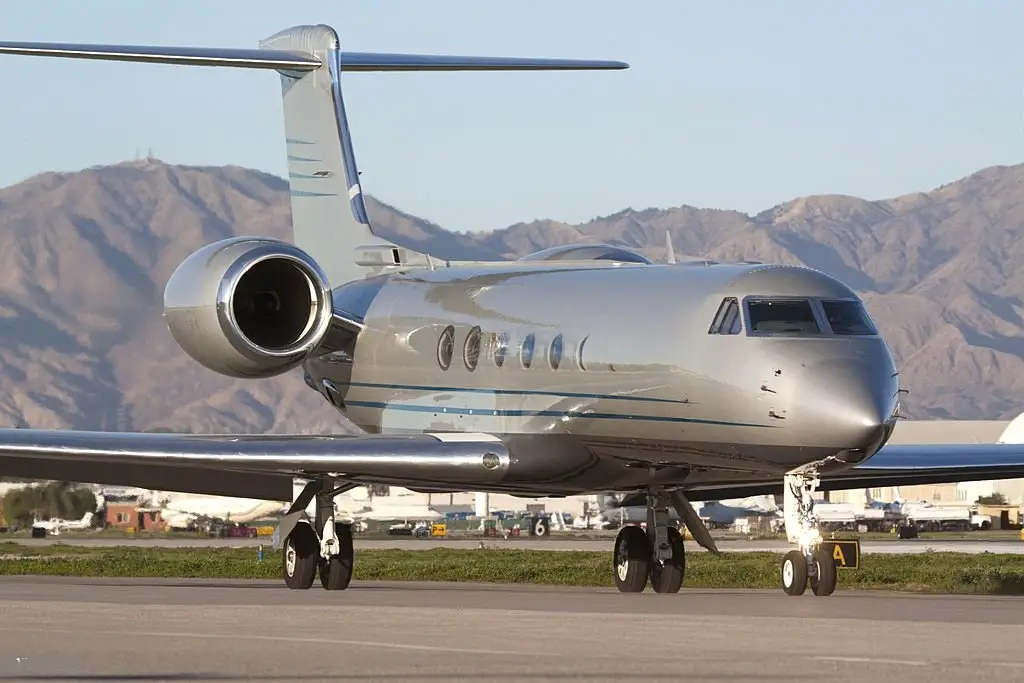
How do aviation psychologists analyze stress?
Stress testing is the first thing that you should consider. It is a method used by psychologists to measure your body’s reaction to stress and allow them to determine how you react to situations that might cause stress. They can use this information as they work with you on managing stress.
The test itself doesn’t involve any needles or blood samples; instead, it may involve completing memory tests while being timed and answering questions about yourself as well as how much sleep you get each night.
The psychologist might also recommend some techniques for managing the effects of stress on your life, like relaxation exercises or learning ways to manage time better so that important things don’t fall through the cracks between other responsibilities in your daily routine.
You may also be given different tools for managing stress—for example, if you find that writing down what’s bothering you helps put things into perspective when something goes wrong at work or school, then perhaps keeping a journal would be helpful (if not outright required!).
Whatever works best for changing behaviors related directly to handling mental health issues needs to be explored. If you have any questions about the process, ask your psychologist for clarification before they begin with their assessments.
The psychologist may also ask you to fill out a questionnaire that’s designed to diagnose your condition. This is probably one of the most important parts of their assessment, since it provides them with information they can use to help you get better.
Read more articles: Which Aviation Headset is the Best?
Top pick

Editor’s choice
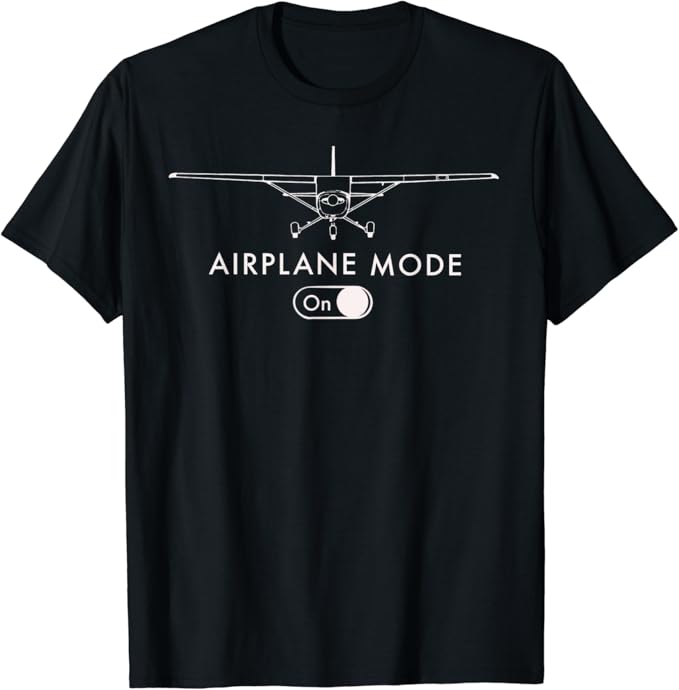
Best value

They advise on staff replacement policies.
An aviation psychologist can help a company hire the best people, replace staff, and improve performance. They also advise on staff replacement policies. Many companies use data to make decisions about hiring and firing employees, but how does that work?
If you’re looking for a job as an aviation psychologist, focus on the following:
- You need good communication skills because you’ll be working closely with colleagues and clients.
- You should have excellent attention to detail so that you can analyze information accurately.
You must be able to work under pressure and meet deadlines. You need a good understanding of the aviation industry so that you can provide useful advice.
You’ll need to have a degree in psychology, aviation, or aeronautics. You may be required to hold a pilot’s license so that you can fly with clients who need help with their mental health.
You will need a good knowledge of psychology and aviation to work as an aviation psychologist. You must also be able to understand the needs of your clients and be sensitive to their emotional state when they’re flying.
You’ll need to be a good listener, and you should have excellent verbal and written communication skills.
You must be able to absorb information quickly but also have the ability to analyze it accurately. In addition, you must be able to work under pressure, meeting deadlines when necessary.
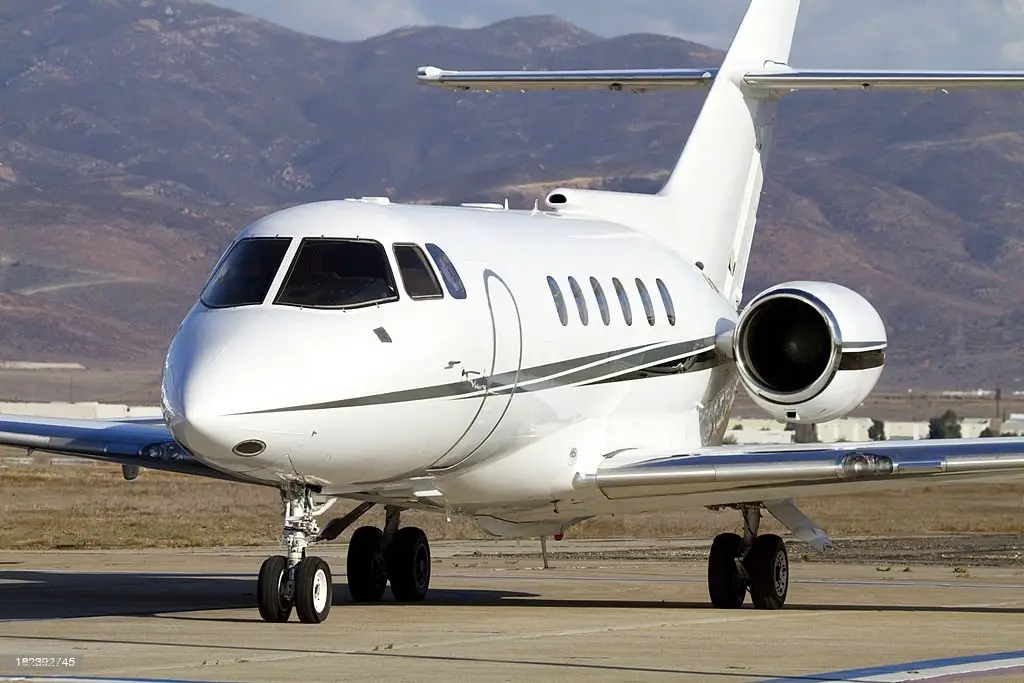
Their jobs can be high-pressure.
You may be surprised to learn that aviation psychologists are often under pressure and must work quickly. They often deal with critical situations that require immediate attention, which means they have to be able to make fast decisions without the luxury of having time to think things over.
Aeronautical psychology is a very demanding area of study, but if you’re interested in joining this exciting field, it will be well worth your efforts!
Aeronautical psychologists are experts in human performance, which means they work with pilots, air traffic controllers, and other aviation professionals to ensure that they can operate at their highest level.
In addition to performing research on how humans react in stressful situations, aeronautical psychologists also help design training programs and procedures for new pilots.
Aeronautical psychologists are also responsible for conducting psychological exams on pilots and other aviation professionals. These tests are meant to find out if a candidate has any mental health problems that might make it hard for them to do their job.
Although the role of aeronautical psychologist might seem like a natural fit for someone who has an interest in flying, there is actually more to it than meets the eye.
Read more articles: Can Aviation Fuel Melt Steel?
Top pick

Editor’s choice
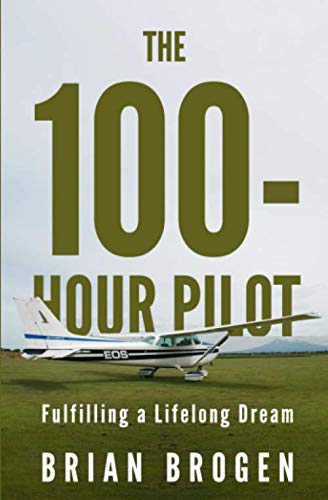
Best value

How do I become an aviation psychologist?
To become an aviation psychologist, you need to graduate from a psychology program and then take a postgraduate degree in aviation psychology. After that, you can get a job in an aviation environment or work as an independent contractor.
Although there are many different types of jobs available for those who wish to pursue this career path, it is important for them to gain experience in the field before doing so.
The main responsibility of an aviation psychologist is to help pilots and other aviation professionals deal with stress, anxiety, and other emotional issues. They also provide counseling for people who have experienced trauma or loss while on the job.
Aviation psychologists are also responsible for helping pilots deal with any mental or emotional issues that could affect their performance.
They provide counseling to those who suffer from depression, anxiety, or other psychological problems that may interfere with their ability to do their job.
The average salary for an aviation psychologist can vary depending on where they work and what kind of experience they have.
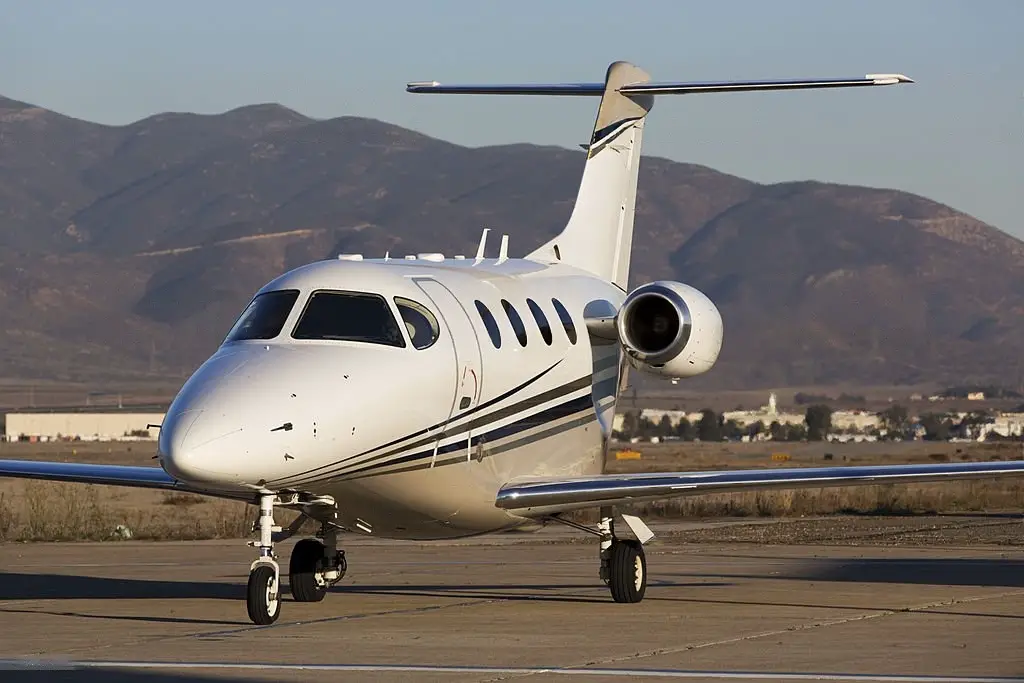
FAQ
1. What does a aviation psychologist do?
It is a subfield of psychology where professionals utilize their understanding of human emotion and behavior to enhance aviation standards and conditions, provide mental health assistance to pilots, crews, and airport personnel, and handle any issues, anxiety, or stress brought on by their jobs.
2. How long does it take to become an aviation psychologist?
A PhD degree in psychology, which normally requires 4-6 years of study, will probably be needed for aviation psychologists who provide counseling services. Depending on the state in which the person works, state license is also likely to be necessary for people who provide counseling services and engage in independent practice.
3. Do airlines have psychologists?
Aviation psychologists often provide mental health and wellbeing services to members of the flight crew as well as other airline or airport personnel on the ground due to the high stress nature of occupations in the aviation sector.
4. What field of psychology makes the most money?
Patients with mental diseases get pharmaceutical prescriptions from psychiatrists. The highest-paying careers for psychology degrees are unquestionably those as psychiatrists. According to PayScale, the typical wage is $217,798. A psychiatrist needs to have a board certification and a license.
Conclusion
Aviation psychologists can be found in many different areas of life, but their main focus is on helping people deal with their fears and anxiety about flying.
They are also in charge of figuring out how to make the aviation industry safer by looking at data from accidents and incidents that have already happened.
These professionals must have a master’s degree in psychology or a related field, as well as a doctorate degree (PhD) in clinical psychology with an emphasis on aviation medicine or human factors research.
Read more articles: Which Aviation Headset is the Best?
Top pick

Editor’s choice

Best value




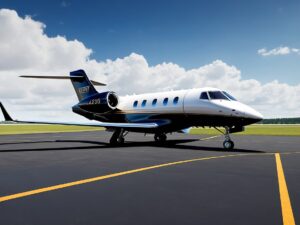

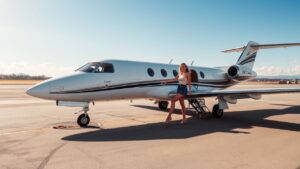



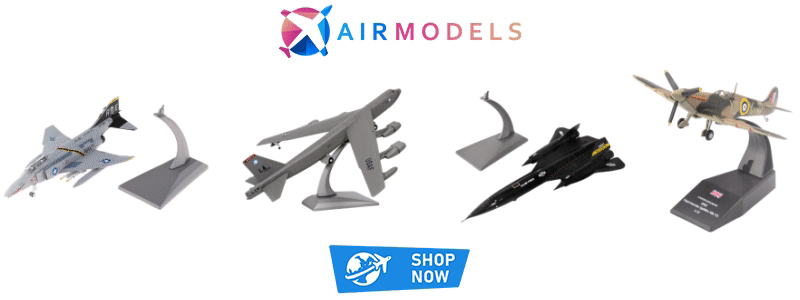

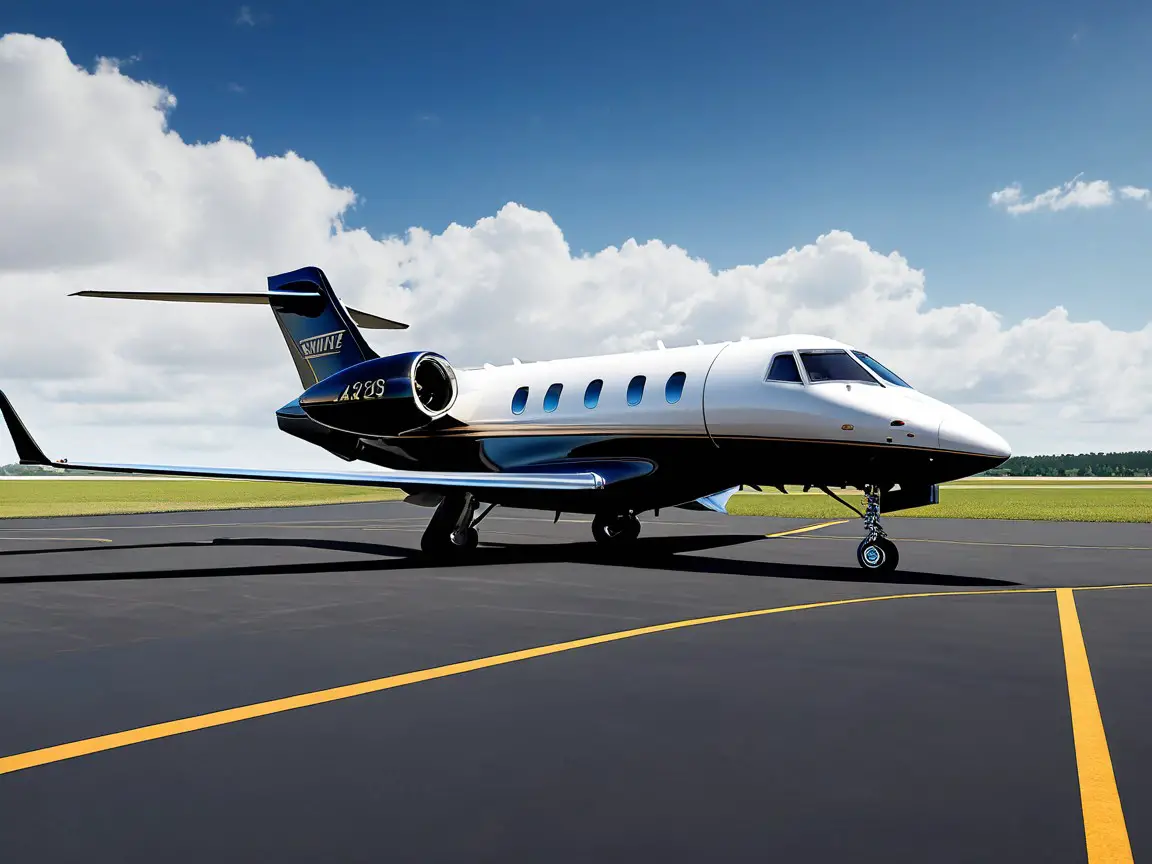
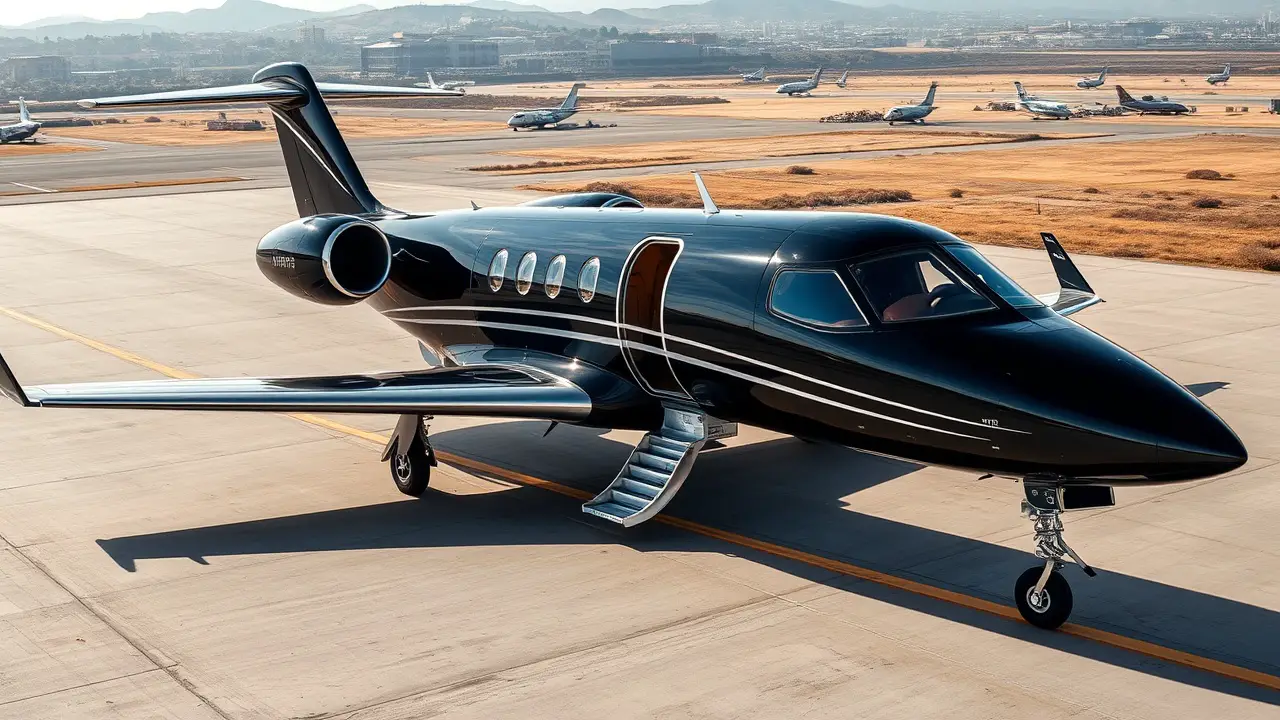
Leave a Reply